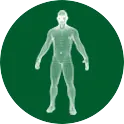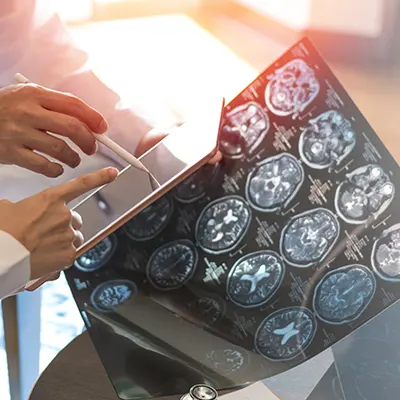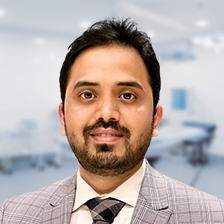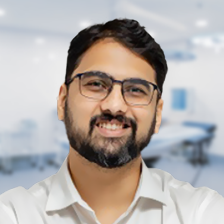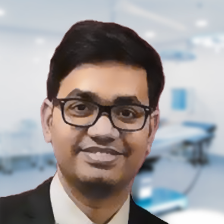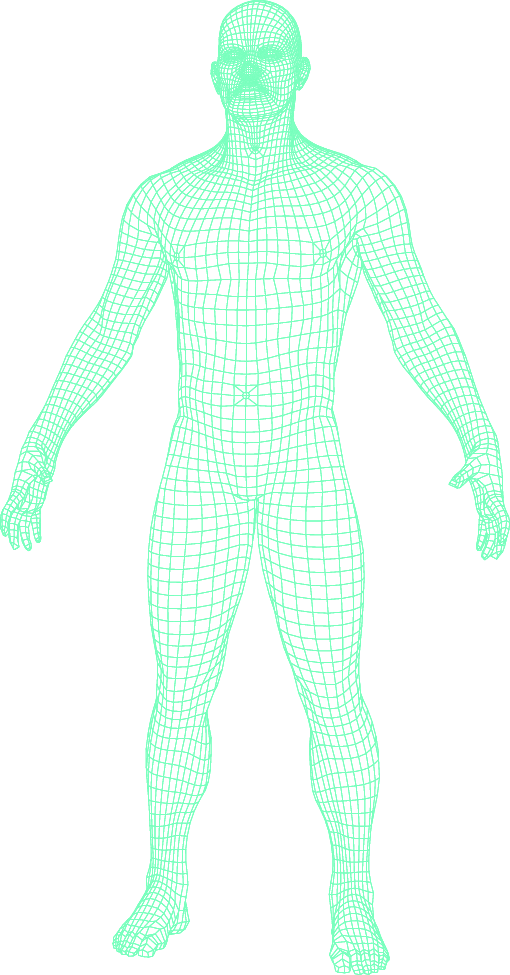
Symptoms
Symptoms of neurological disorders can vary depending on the specific condition and the area of the nervous system affected. Some common symptoms include:
- Headaches
- Numbness or tingling in the arms or legs
- Weakness in the arms or legs
- Loss of coordination
- Difficulty speaking or understanding speech
- Vision or hearing problems
- Seizures
- Memory loss
- Dizziness or balance problems


